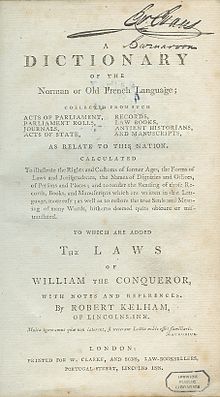 Law, like most things we do in life, is deeply tied to language; who said what, when, to whom and how. Legal language is notoriously obtuse, but has gotten much, much better over the years. Still, this advice is sage for lawyers and DIYers alike:
Law, like most things we do in life, is deeply tied to language; who said what, when, to whom and how. Legal language is notoriously obtuse, but has gotten much, much better over the years. Still, this advice is sage for lawyers and DIYers alike:
“If you keep the language clear, concise, and as simple as possible, anyone reading the agreement will understand your intentions. Clear, concise, and simple language is important in order that:
- when starting the relationship with the other party, you both have the same understanding of the contract and to what you’ve each agreed;
- if you or your licensing counterpart leave your respective entities, anyone else can pick up the agreement and will have the same interpretation as the two of you did; and
- if the agreement becomes part of a legal action, any third party will interpret the agreement in the way you intended, including a judge or jury of your peers.
“If you are not sure if something is clear, it likely isn’t. Run the language by your colleagues (without providing any interpretations!) before signing as at least one test to make sure you are understood.”
– Kirsten Leute, Anatomy of a License Agreement
Kirsten Leute is a senior associate at the Office of Technology Licensing at Stanford University in Palo Alto, California.